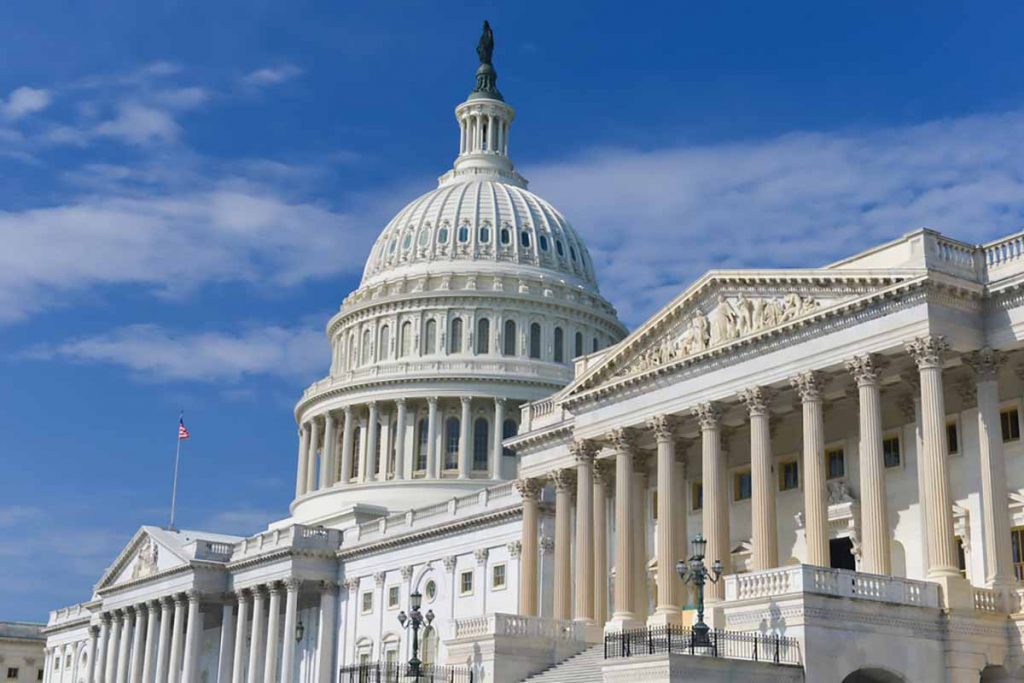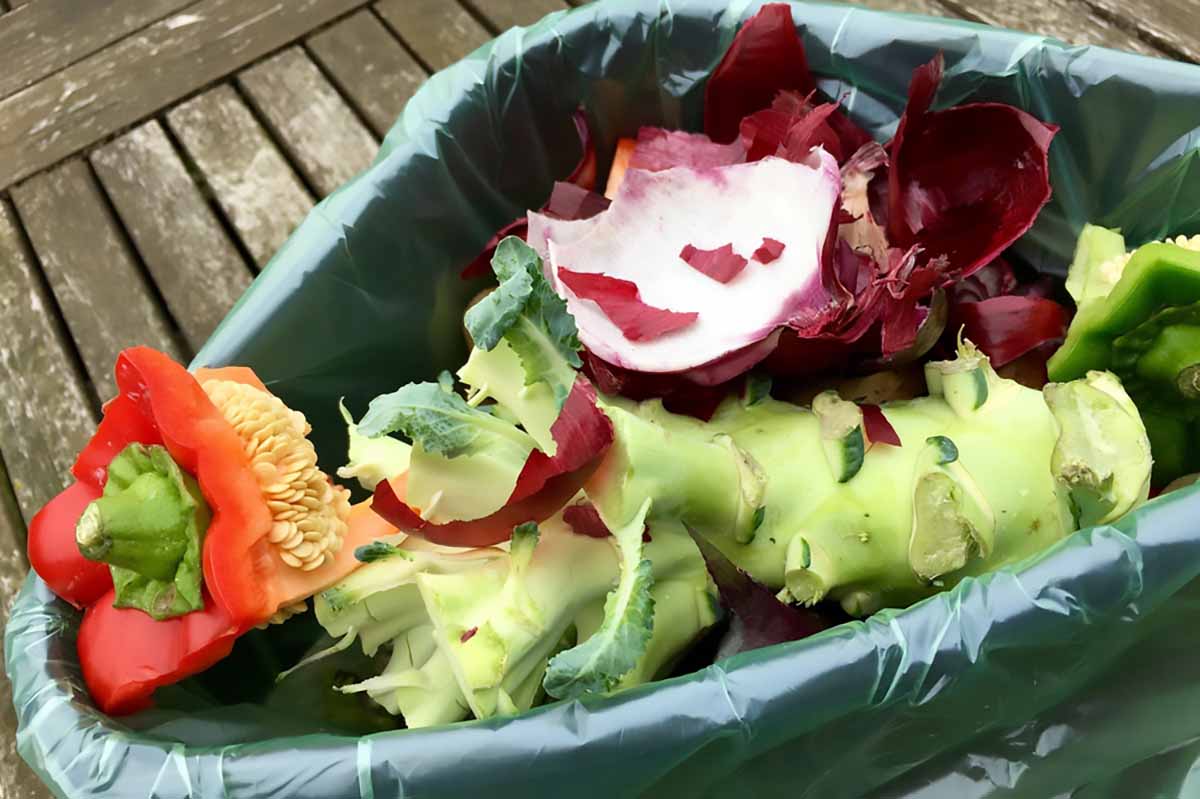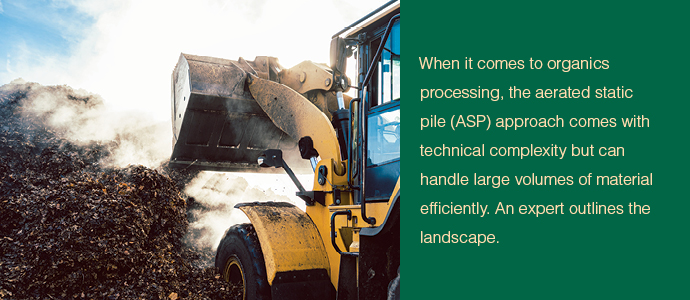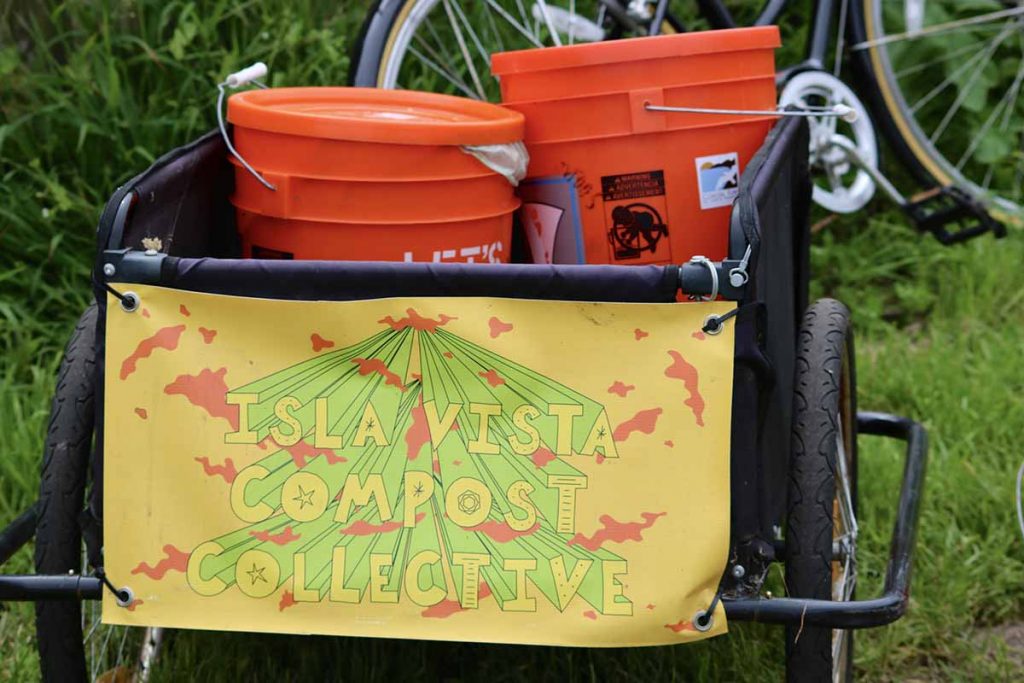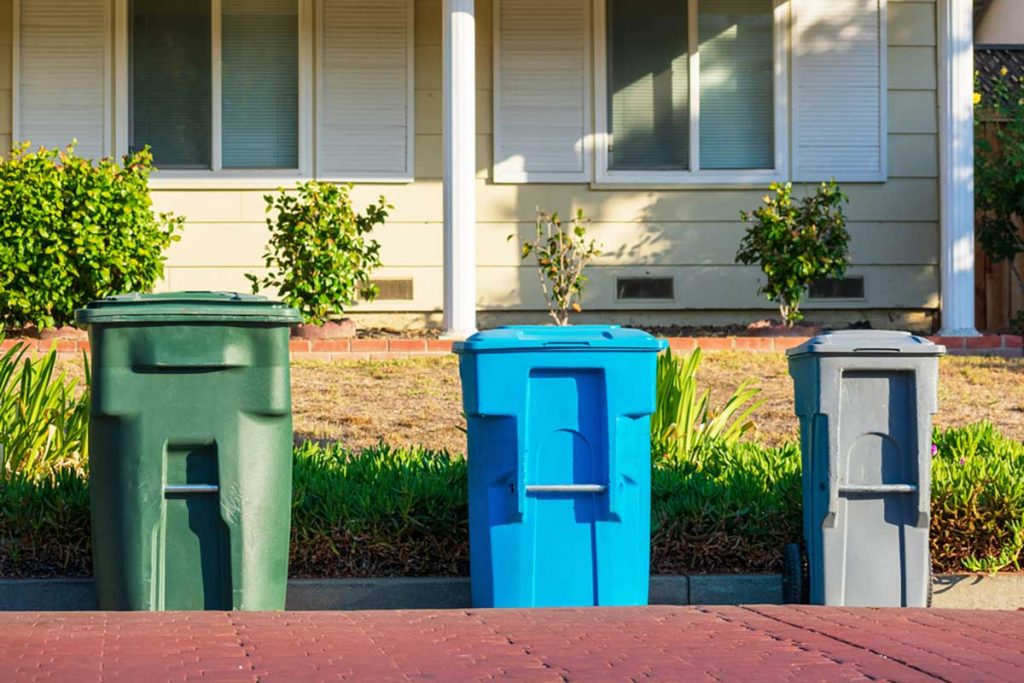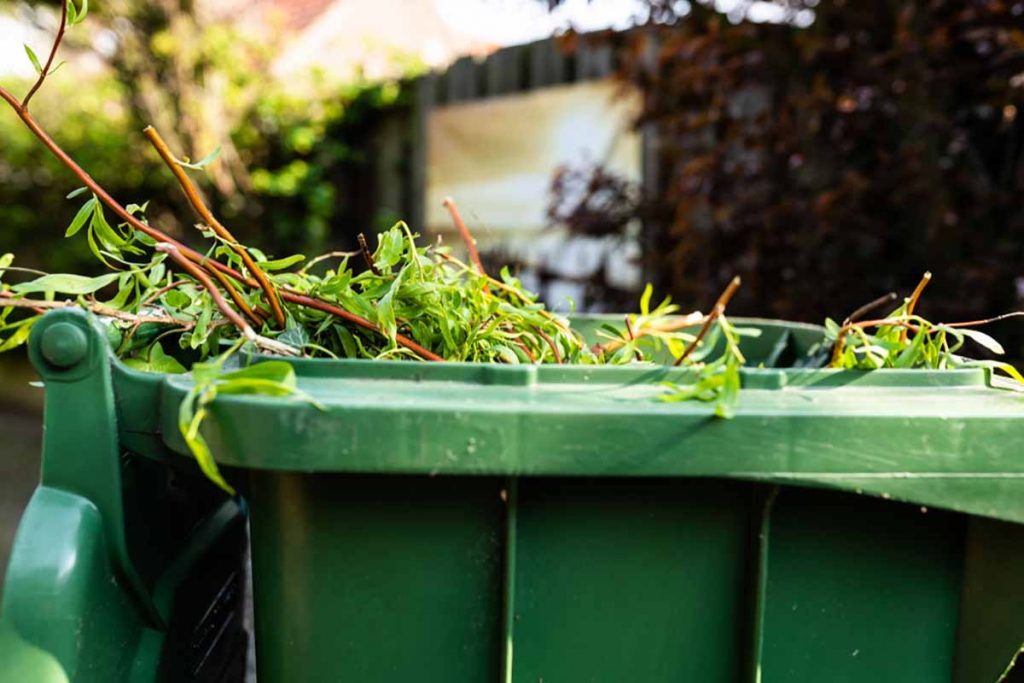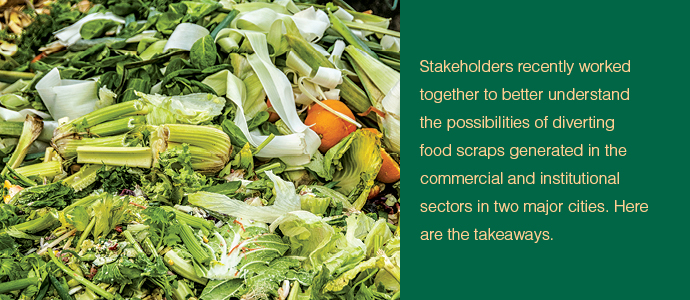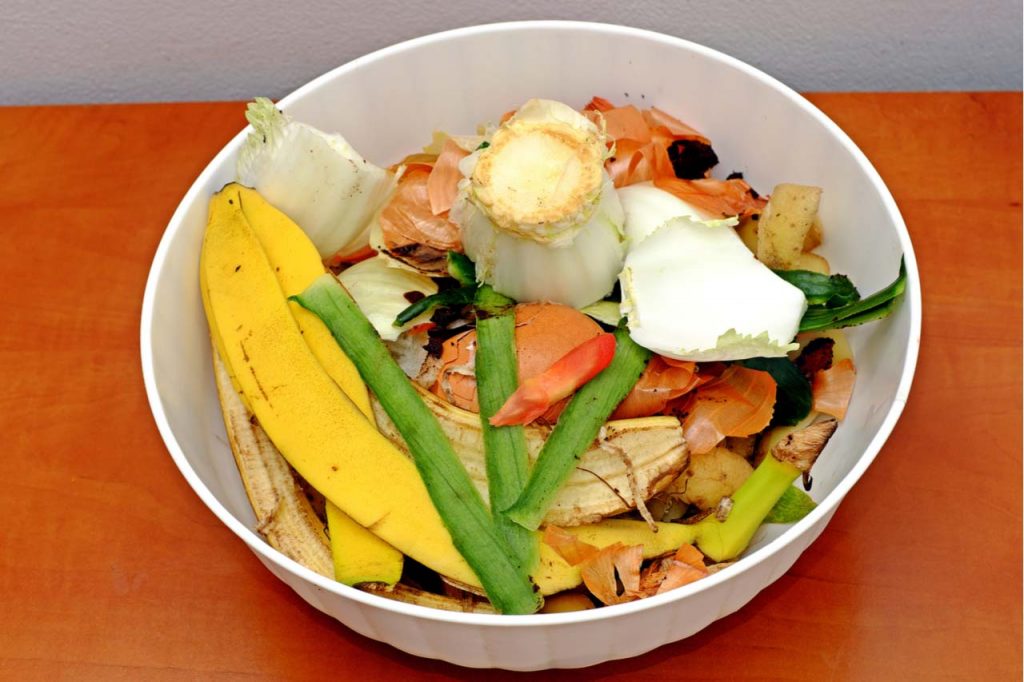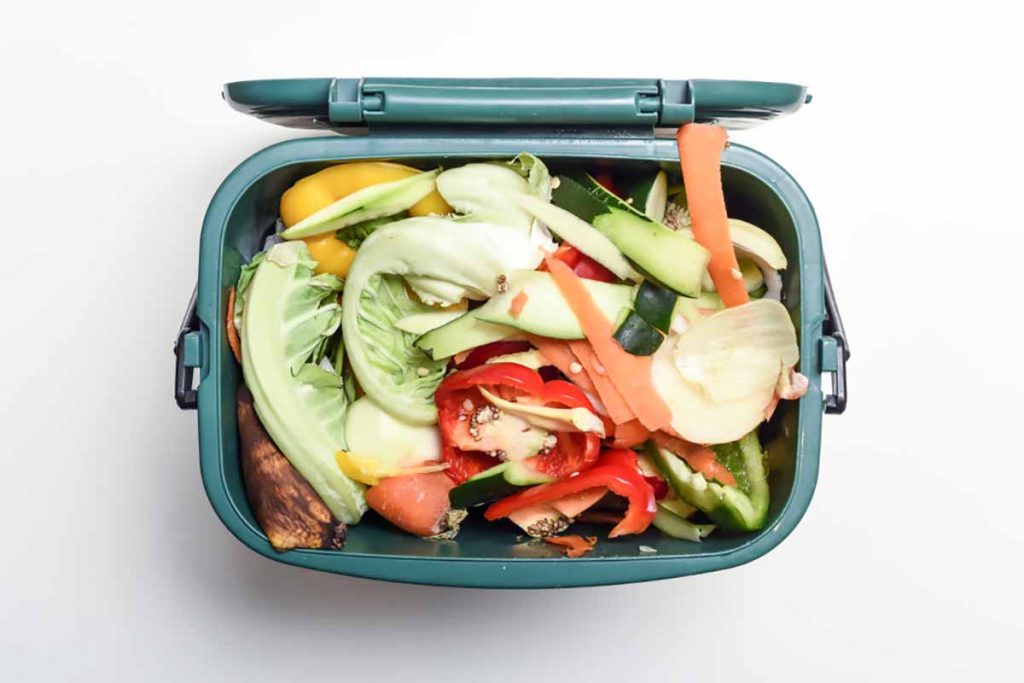
Starting in 2022, California law will require that every municipality across the state provide organics collection service, among other mandates. | Thomas Holt/Shutterstock
In January, California municipalities must begin meeting requirements of what some stakeholders are calling the most significant waste reduction legislation in decades.


